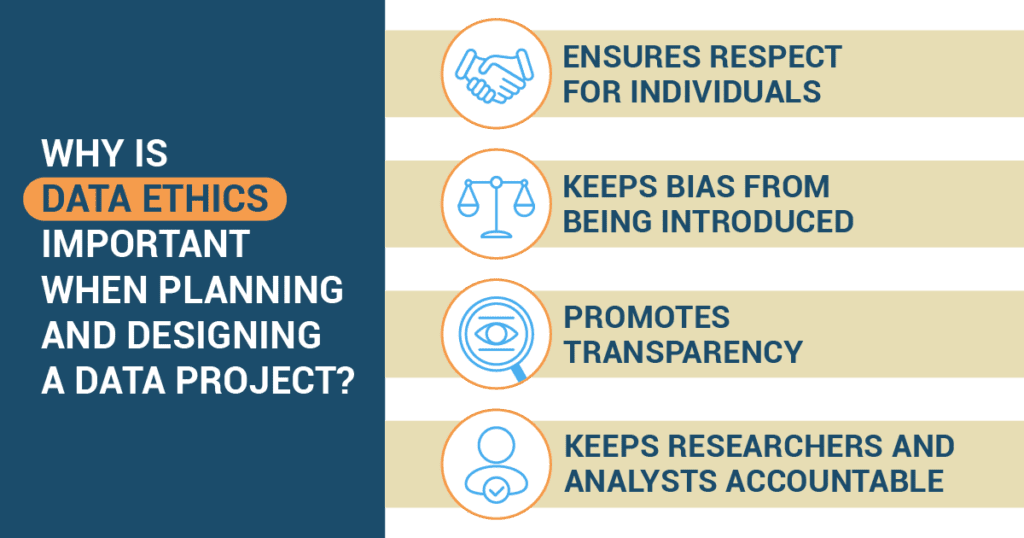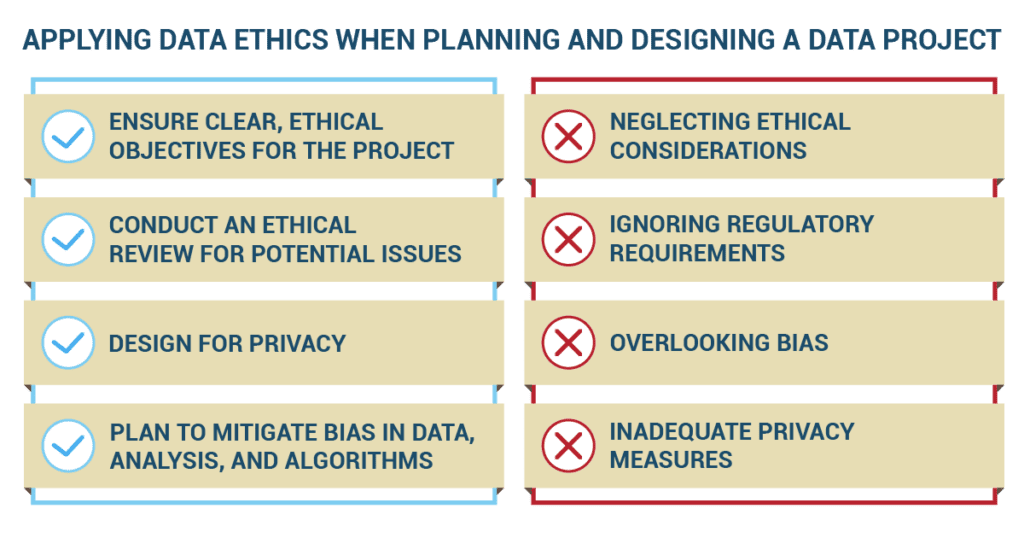I’d like you to picture a scenario. Imagine your typical school day: waking up in the morning, unlocking your smartphone, checking the weather forecast, scrolling through social media, and perhaps asking your smart speaker about today’s homework or extracurricular events. It feels pretty normal, right? But what if I told you that with each tap and swipe, you are creating vast trails of data? And, more importantly, that these data points, your digital footprints, are being collected, stored, and analyzed every single day?
Now, imagine someone taking that data and using it to influence your decisions, your behavior, or even your beliefs. What if they used it without your knowledge, without your permission? A bit unsettling, isn’t it? Now, consider this – what if they used this data to benefit you, to create better apps and games, and to enhance your digital experiences while ensuring your privacy and autonomy? A significantly more comforting thought.
This more positive scenario is what we strive for when we talk about applying data ethics, especially when designing a new app or digital service. This isn’t a topic confined to the lecture halls of computer science departments or the boardrooms of tech giants. No, the issue of data ethics impacts all of us, especially us who live, learn, and play in an increasingly digital world.
Why is Data Ethics Important When Planning and Designing a Data Project?

Imagine this: You’re playing a game of basketball, but the other team never gives the ball up after a made shot, and they always foul. That would be unfair, right? Now, let’s think about this in terms of a data project. If you didn’t consider others’ privacy or were unfair in collecting your data, it would be just like that unfair game of basketball. This is where data ethics comes in!
- Respect for Individuals: Just like in real life, people in data projects should be treated fairly and with respect. This means keeping people’s information private and confidential. Remember when your friend told you a secret, and you kept it? That’s similar to how we should treat people’s data!
- No Room for Bias: Data ethics encourages the researcher to be aware of and minimize potential biases in data collection, processing, and analysis. In a fair soccer match, you wouldn’t favor one team over another, right? Same thing in data projects. Data ethics help us avoid any favoritism or bias in our data collection, ensuring the results are accurate and fair.
- Promoting Transparency: Ever been confused because your teacher didn’t explain what they wanted in an assignment clearly? Data ethics seeks to avoid this confusion by ensuring all steps in a data project are transparent and clearly explained and understood by everyone.
- Keeping Researchers Accountable: When you do your homework, you’re responsible for getting it done and doing it right. In the same way, data ethics holds researchers responsible for their actions and the results they produce.
How Do You Apply Data Ethics When Planning and Designing a Data Project

- Ethically Sound Objectives: Before starting a science experiment, you would first decide what you want to find out. Similarly, you need to decide the purpose of your data project. This should include the purpose of the project, potential benefits, and risks to involved parties. And remember to consider if it respects privacy, aligns with societal norms, and if the expected outcomes could potentially harm or unfairly benefit certain groups.
- Conduct an Ethical Review: Think of this as a detective investigating potential issues. You can use tools like the Data Ethics Canvas framework or the Fair Information Practices (FIPs) framework to help.
- Design for Privacy: Like a superhero protects their secret identity, protect your data subjects’ privacy using techniques like anonymization and pseudonymization. Employ privacy-by-design principles to limit data exposure.
- Plan to Reduce Bias: Just like you would avoid favoritism when picking teams for a game, anticipate and plan to avoid bias in your data, analysis, and algorithms.
Common Data Ethics Mistakes and Countermeasures for Planning and Designing a Data Project
• Countermeasure: While no research can be completely free of bias, there are many steps, like peer review, transparency in approach to allow for replication, and other steps, that help minimize any potential for bias.
Balancing Beauty and Ethics in Aesthetic Data Project
In the realm of beauty and aesthetics, Rebecca Foster, a seasoned corporate professional, found herself at the helm of a project that seamlessly blended creativity with ethical considerations. Her journey involved navigating the delicate balance between leveraging data insights and upholding ethical standards as she embarked on a data project aimed at enhancing beauty and aesthetics in cosmetic products.
Rebecca’s project was set to revolutionize the cosmetic industry by using data-driven insights to formulate products that catered to a diverse range of skin tones and preferences. Armed with her corporate experience, she recognized that beyond the pursuit of beauty, the project had to be underpinned by ethical principles that safeguarded user well-being and prevented potential harm. Understanding the importance of data ethics, Rebecca took proactive steps during the design stage of the project to ensure that ethical considerations were woven into every aspect of the process.
Rebecca knew that the foundation of any data project lay in the data itself. Recognizing that biased or incomplete data could lead to skewed results and reinforce beauty stereotypes, she worked with her team to ensure that the dataset included a wide range of skin tones, ethnicities, ages, and genders. This approach ensured that the eventual products would cater to a diverse audience and avoid excluding any demographic.
As her team collected data on individual preferences and skin attributes, Rebecca was keenly aware of the need for informed consent. Drawing on her corporate experience, she devised a comprehensive consent process that clearly outlined how the data would be used, maintained anonymity, and provided individuals the option to opt-out at any stage. This approach reflected her commitment to respecting individual autonomy and privacy.
Given the project’s goal to enhance beauty for all, Rebecca’s team developed algorithms to recommend cosmetic products tailored to individual preferences. She recognized that these algorithms could inadvertently perpetuate biases if not handled carefully. Applying her knowledge of data ethics, she worked closely with data scientists to ensure that the algorithms were designed to be fair and impartial, devoid of discriminatory outcomes.
Rebecca understood that transparency was key to maintaining trust with consumers. She implemented a communication strategy that clearly communicated how the data was used to create personalized recommendations. This approach not only educated users about the benefits of data-driven beauty solutions but also reassured them that their data was being handled ethically and responsibly.
Beyond the immediate project scope, Rebecca saw an opportunity to empower consumers through education. Leveraging her corporate connections, she organized workshops and webinars to educate consumers about the ethical implications of beauty products and the importance of making informed choices. This educational initiative aligned with her commitment to ethical corporate citizenship.
As the project concluded, Rebecca’s approach to incorporating data ethics proved to be transformative. The cosmetic products her team developed were not only effective but also catered to a diverse audience, promoting inclusivity and celebrating individual beauty. Her case study serves as a testament to the harmonious blend of aesthetics and ethics, showcasing how corporate professionalism can drive positive change in the beauty industry while upholding ethical standards. Rebecca Foster’s journey through the realm of beauty and aesthetics, enriched by her corporate acumen, exemplifies the power of applying data ethics during the design stage of a project. Her case study underscores the importance of ethical considerations in enhancing not just physical beauty but also the integrity and responsibility of corporate initiatives.